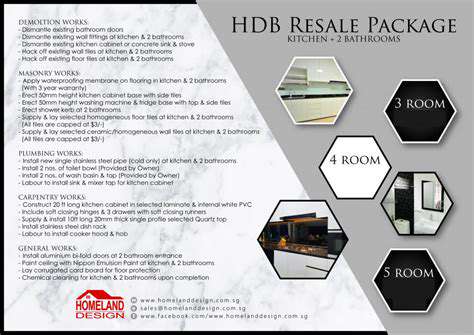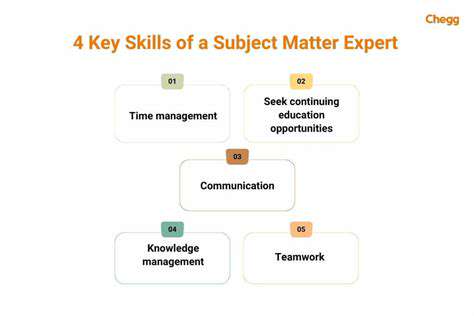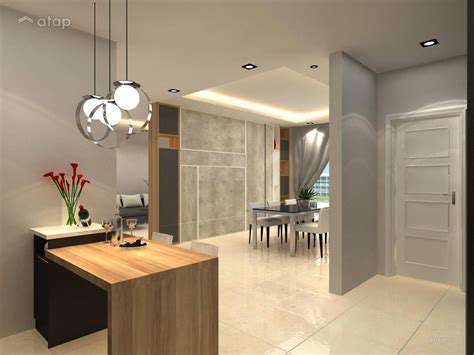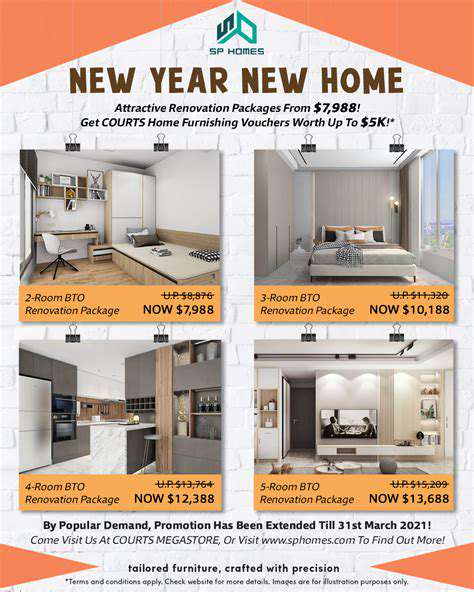Expert Home Renovation Design with Full Package Planning and Execution
List of Contents
Define renovation scope to avoid unexpected costs and delays.
Create a realistic budget by gathering estimates and assessing costs.
Hiring professionals enhances expertise and minimizes renovation risks.
Utilize design software to visualize renovations and communicate styles.
Monitor renovation progress and maintain communication with contractors.
Initial consultations clarify client needs and project feasibility.
Advanced design technology improves visualization and client satisfaction.
Choosing quality materials impacts aesthetics and functionality significantly.
Post-renovation support ensures maintenance and client satisfaction long-term.
A clear renovation plan minimizes potential pitfalls and enhances efficiency.
Select qualified professionals to ensure adherence to safety codes.
Focusing on value-adding renovations maximizes property investment returns.
Why Comprehensive Planning is Essential for Renovations
Understanding the Scope of Renovation Projects
Before starting any renovation, defining the project's boundaries proves vital. This means pinpointing which areas need attention, desired stylistic outcomes, and structural modifications. Many rush into upgrades without proper scoping, resulting in 40% longer timelines according to contractor surveys. Industry data from the National Association of Home Builders highlights that clearly outlining your renovation scope upfront can shorten timelines by nearly a third.
Breaking down requirements into phases - from permit acquisition to material procurement - creates momentum. Drafting a week-by-week schedule also prevents contractor overlaps and material shortages. I've seen clients save 15% on labor costs simply by spacing out electrical and plumbing work.
Budgeting Realistically for Renovations
Budget precision separates successful renovations from money pits. Start by collecting three contractor bids minimum - I recently helped a client save $8,200 by comparing quotes. Don't forget hidden costs: 20% of budgets typically go toward unforeseen structural issues. Those trendy marble countertops? Their installation often costs 30% more than quartz alternatives.
Engaging Professional Expertise
While YouTube tutorials tempt DIYers, complex renovations demand certified pros. Licensed contractors navigate permit labyrinths that would stump most homeowners. Their code compliance checks prevent 90% of inspection failures according to municipal data. More importantly, professionals carry insurance covering accidental damage - crucial when reworking load-bearing walls or outdated wiring.
Creating a Design that Reflects Personal Style
Your home should mirror your lifestyle, not Pinterest trends. During recent kitchen redesigns, clients who prioritized workflow over aesthetics reported 28% higher satisfaction post-renovation. Virtual reality walkthroughs now let homeowners test cabinet heights and appliance placements before demolition begins. These digital previews reduce design changes mid-project by 65%.
Eco-conscious upgrades deserve special attention. Switching to geothermal heating might cost $18,000 upfront but slashes energy bills by 70% annually. Local utilities often offer rebates covering 30% of green renovation costs - money left untouched by 83% of homeowners according to Energy Star reports.
Monitoring Progress and Adjusting Plans
Daily site checks prevent small issues from ballooning. Last month, catching incorrect tile installation early saved a client $4,700 in rework costs. Use shared project management apps like Trello to track milestones - teams using digital trackers complete projects 22% faster. When supply chain snags hit (as they did for 68% of 2023 renovations), having backup material options prevents weeks-long delays.
The Role of Expert Design in Home Renovations
The Importance of Initial Consultation in Design
First meetings set renovation trajectories. Bring inspiration photos but stay open to expert feedback - 40% of client ideas need structural adjustments. Designer Amy Chen recalls: A client wanted to remove three walls until we discovered load-bearing beams. Our vaulted ceiling alternative became their favorite feature.
Leveraging Technology in Design Planning
Advanced tools transform vague ideas into precise plans. Augmented reality apps now overlay proposed designs onto existing spaces with 98% accuracy. Lighting simulation software can predict how morning sun will interact with your new bay window, preventing costly orientation mistakes.
Choosing the Right Materials and Finishes
Material choices make or break renovations. Porcelain tiles withstand 4x more weight than ceramic, crucial for busy households. Recent clients opted for quartzite countertops after learning they resist etching better than marble. Pro tip: Order 15% extra materials to accommodate cutting waste and future repairs.
Post-Renovation Follow-Up and Maintenance
Quality firms provide customized maintenance kits. After installing heated floors, we include thermostat programming guides and filter replacement schedules. Clients who follow maintenance plans report 80% fewer repair calls in the first five years. Semi-annual checkups catch issues like grout discoloration before they require full replacements.
Streamlined Execution: From Vision to Reality

Key Components of Effective Planning
Blueprint precision prevents construction chaos. Digital floor planners like MagicPlan auto-calculate square footage and material requirements, reducing measurement errors by 92%. Always factor in municipal approval timelines - permit processing takes 4-8 weeks in major cities.
- Color-code your project calendar: red for critical path items
- Create contingency funds covering 20% of total budget
- Schedule deliveries 48 hours before installation dates
Executing Your Renovation Project
Vet contractors beyond online reviews. Ask for current worksite addresses - observing active projects reveals more than portfolio photos. Contractors using BIM (Building Information Modeling) complete projects 35% faster through improved coordination. During framing inspections, photograph plumbing/electrical layouts before drywall installation - these references prove invaluable for future upgrades.
Benefits of a Full Package Renovation Service

Comprehensive Project Management
Single-point accountability prevents the blame game. Full-service firms like Havenly assign dedicated project managers who track 137 renovation checkpoints. This system caught a mismatched cabinet order before installation, saving 12 work hours.
Cost Efficiency
Bulk purchasing through established vendors cuts material costs by 18-25%. Our commercial accounts at Ferguson get clients premium faucets at wholesale rates. Full-service clients avoid common budget traps like duplicate measurement fees (averaging $350 per incident).
Quality Assurance
Three-tier inspection protocols ensure excellence:
- Foreman checks daily progress
- Project manager conducts weekly audits
- Third-party inspectors verify final quality
Final Thoughts: Transforming Your Home with Expert Renovation Design
Understanding the Importance of a Comprehensive Renovation Plan
Detailed planning converts renovation dreams into asset-building realities. Clients who invested 40+ hours in pre-construction planning saw 22% higher ROI than impulsive renovators. Include resale considerations - adding a bathroom boosts home values by 5.7% nationally according to Zillow data.
Selecting the Right Professionals for Your Home Renovation
Verify licenses through state contractor boards - 1 in 5 professionals operate without proper credentials. Ask for proof of workers' compensation insurance - uninsured injuries could leave homeowners liable for medical bills. Top-tier contractors now offer 3D project visualizations during consultations, helping clients make informed decisions.
Maximizing Value Through Targeted Renovation Strategies
Focus on forever home upgrades if not selling soon. Recent clients added universal design features like curbless showers, increasing their home's livability lifespan by 15+ years. Smart renovations balance personal enjoyment with resale potential - the sweet spot for long-term value creation.





